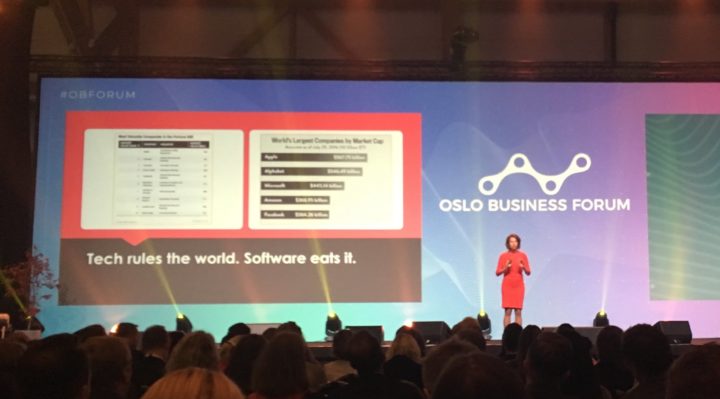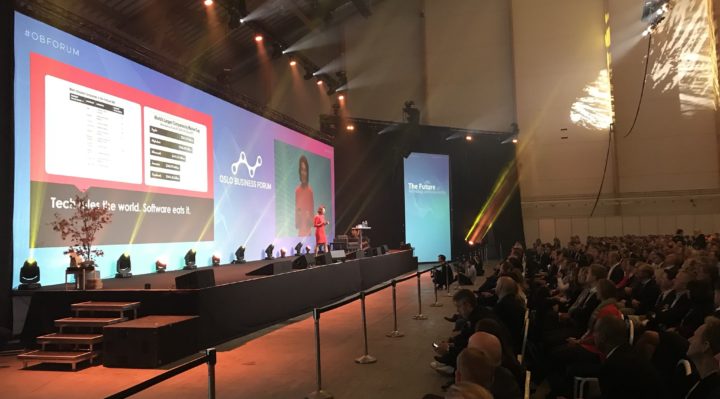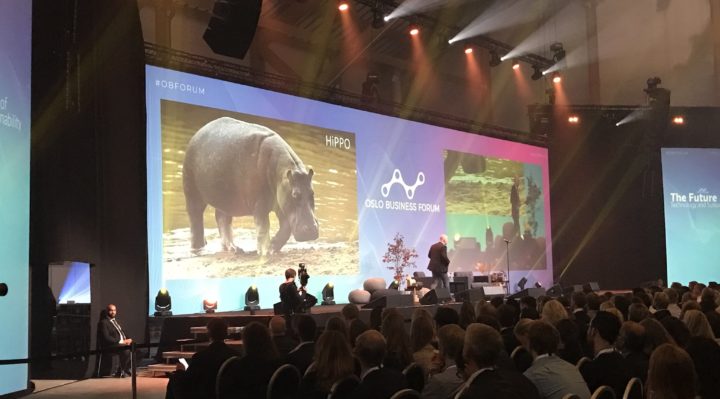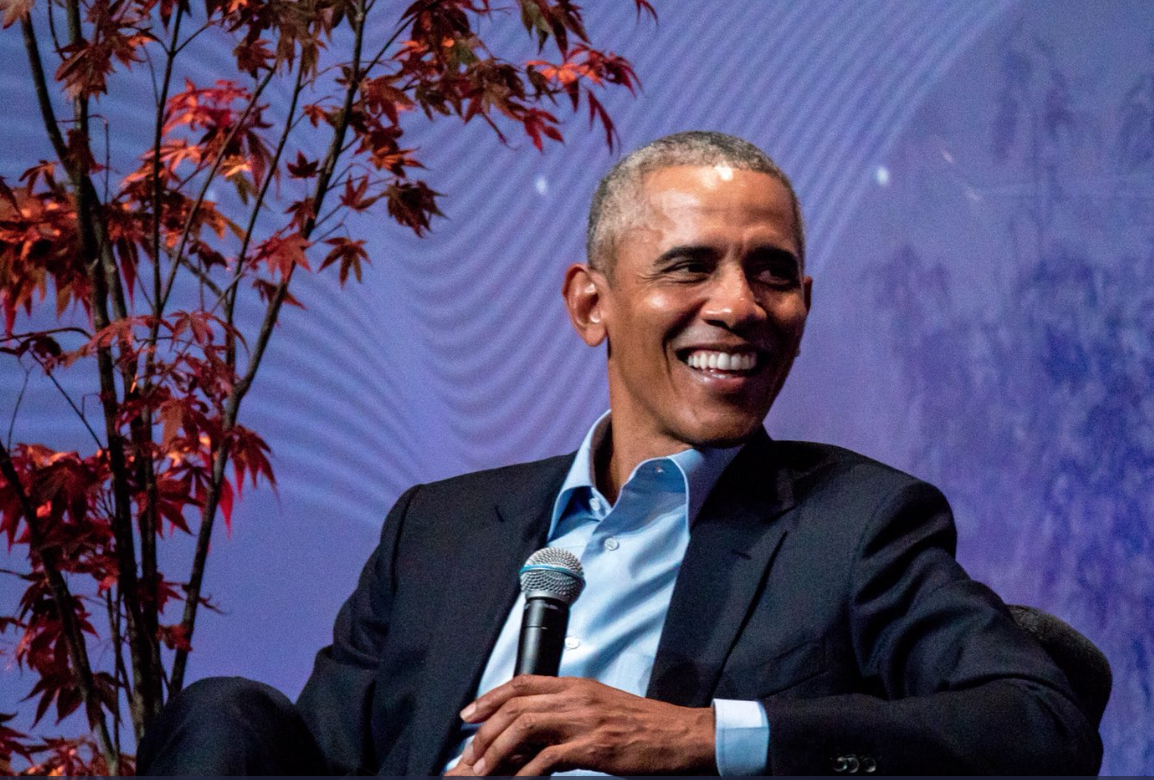 This week Norway hosted 150 partners and 10,000 attendees across 50 events in Oslo, the country’s technology and startup epicenter. The event attracted entrepreneurs and innovators from around the globe, including the 44th President of the United States Barack Obama.
This week Norway hosted 150 partners and 10,000 attendees across 50 events in Oslo, the country’s technology and startup epicenter. The event attracted entrepreneurs and innovators from around the globe, including the 44th President of the United States Barack Obama.
Former US President Barack Obama may have left the oval office two years ago, but he feels that he has business left unfinished. And right at the top of that list is the issue of environmental sustainability and climate change.
Former President Barack Obama on Wednesday laid out his vision before the Oslo Business Forum in Norway for tackling climate change if he were once again in the White House, while criticizing the administration’s environmental policy. “Unfortunately we have a U.S administration that deals differently around these issues,” he said to laughter from the audience as he addressed business leaders in the Norwegian capital, Oslo. Obama said that If I was president for one more day I would focus more on sustainability and environment.
INTERVIEWER: First of all, what everyone is curious about, if you were president once more for a day, what would you have done and why?
OBAMA: You know, the truth is if I would president for a day I would do much because the nature of the U.S. presidency, although it is obviously is an extraordinarily powerful position, you stand atop a big ocean line. Steering that ship takes a lot of people and a long time, even if there is a move of a few degrees. So, in one day, I would say hello to all the staff at the White House that I miss. But, obviously, if I had a longer stretch of time, there was a lot of unfinished business when I left. That’s the nature of democracy, you take the baton from the person behind you and you run your race, then you have pass it on and you haven’t done everything you would like to do. The single highest priority that I see globally is the issue of environmental sustainability and climate change.
Obviously, Paris Accords were an important step in the right direction, but it was only a first step and so much more work needs to be done. The good news is technology is accelerating faster than we might have expected, and I’m confident that if we’re able to create an effective ridge over, let’s say over the course of 25-30 years with more efficiency and deployment of existing technology, that we could get to a point were new technologies take us where we need to go. But, that requires a level of political and social commitment on the part of all of us: businesses, the non-profit sector, each of us individuals, that right now is not forthcoming. Unfortunately, we have a U.S administration that deals differently around these issues.
In a wide-ranging talk, Obama outlined the need for a higher global focus on the environment, greater diversity in business, and the need for technology to solve global problems.
Obama praised many young businesses for being aware that they must be thinking globally. He then told an anecdote that he’s always learning things from his children and that older generations can be stubborn to embrace change.
“To all the young people here, old people don’t give up what they have.” boldly stated Obama. “At some point you’ll have to take it. It’s not just true in business or in politics, it’s true in life.” He urged the audience to make fostering young talent a priority.
“If you are a business leader or entrepreneur my age, if you are not cultivating young talent, your organization will fail. The single most important thing for you to do is to identify and empower and nurture that next generation. One thing I was very proud of in the White House was at the very pinnacle of power [and] making decisions that had impact on billions of people [is that] I had a couple of 30-something year olds who were our key policy makers.” When making hiring decisions, hiring a wide range of age groups will encourage differing viewpoints. Having this diversity can help your team solve problems through a broader lens.
Expressing frustrations with US business organizations he explained that “They are very interested in cutting their own taxes. They are very interested in reducing regulatory constraints on their operations. They are less interested in exerting influence to make sure that the society is operating in a more just option.” He then advised that this in turn “will be bad for business.”
Obama encouraged the audience to think about your company policies and actions from the perspectives of not those not only in close proximity but also around the globe. He urged business to “pay attention outside of the four corners of their balance sheet.” Insinuating that oftentimes brands are concerned with just their bottom line, he then explained that if we all are concerned with the well being with others, it will make the world economy a better place for business.
“The single thing I do know: Humans are the same wherever you go. People are people. With hope, dreams and aspirations. With that as a foundation, we can solve any challenge in this world” he said.
Obama said Norway was a country that used “political and social” levers to achieve social democratic goals. He also praised Norway for its focus on gender equality — it’s one of very few countries that has legislated on women in the boardroom, requiring 40 percent of non-executive board members to be female.
«Norway is small, but very effective. We should put the Norwegians in the lead of everything» “Companies with a critical mass of women in leadership perform better, are more profitable, have higher stock valuations. If you are on the board of a company and you look around and it is all a bunch of men, you have got a problem. You are not well organized to succeed,” he said.
“I think that globalisation and global capital combined with technology in some ways have stitched the entire world together — you have this global supply chain. I can order goods on the other side of the world and have it here in two days. [Globalisation] is drawing upon the talents, skills, culture around the world,” said Obama.
“If you have a unique skill, talent, or algorithm, you now have access to an entire global market. You can amass an extraordinary wealth very quickly,” he said.
“If you don’t have a special skill or talent, a lot of your work is being replaced. So what you have is in advanced countries an increasing number of people who feel that the economy has left them behind, and that their social and economic status is declining, [which] breeds resentment and fear and feeds the political trends that we are seeing now.”
“If you only have people like yourself at the board meeting – you don’t need a meeting, says Barack Obama at the Oslo forum conference”. He added that in a U.S that was undergoing rapid demographic changes, companies that failed to recruit Americans who’re Asian and Latin American in origin were doomed to fail in the long term.
“This is not charity or social policy,” he said. “This is a matter for your business success.”
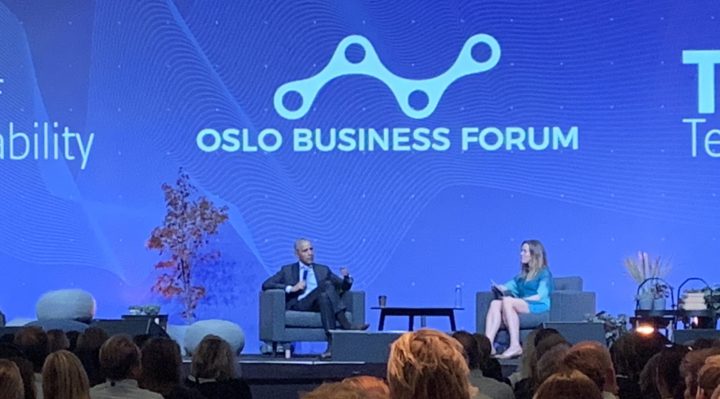
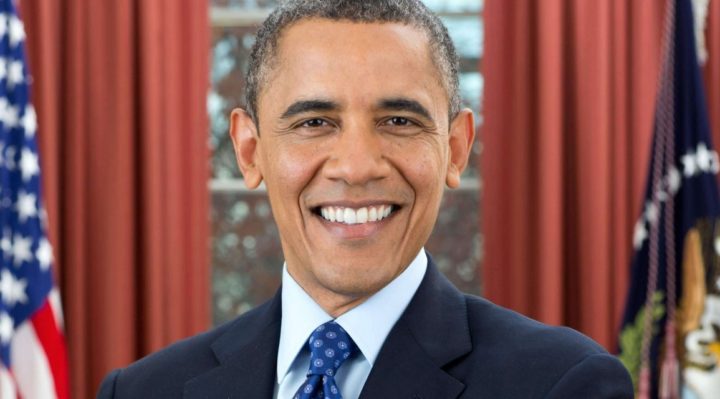
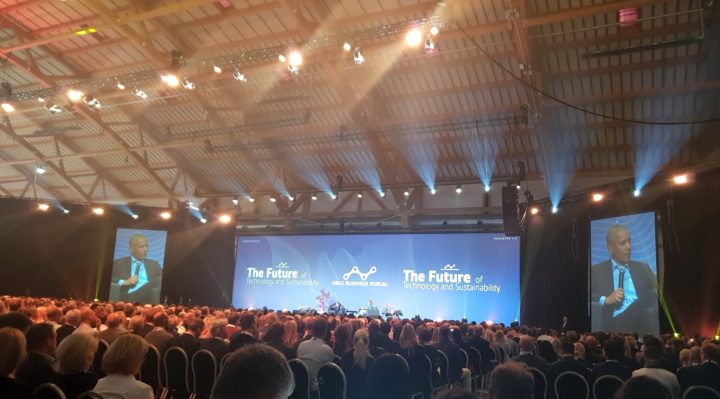
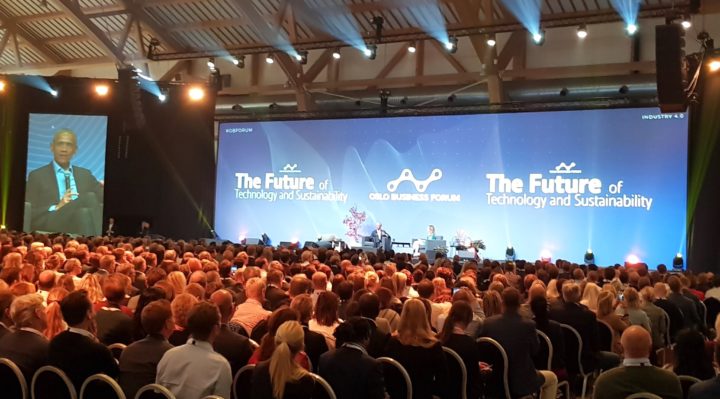
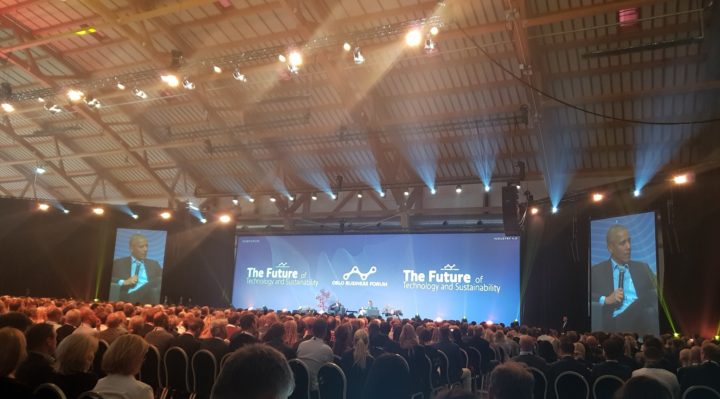
Barack Obama served as the 44th President of the United States. His story is the American story — values from the heartland, a middle-class upbringing in a strong family, hard work and education as the means of getting ahead, and the conviction that a life so blessed should be lived in service to others.
With a father from Kenya and a mother from Kansas, President Obama was born in Hawaii on August 4, 1961. He was raised with help from his grandfather, who served in Patton’s army, and his grandmother, who worked her way up from the secretarial pool to middle management at a bank.

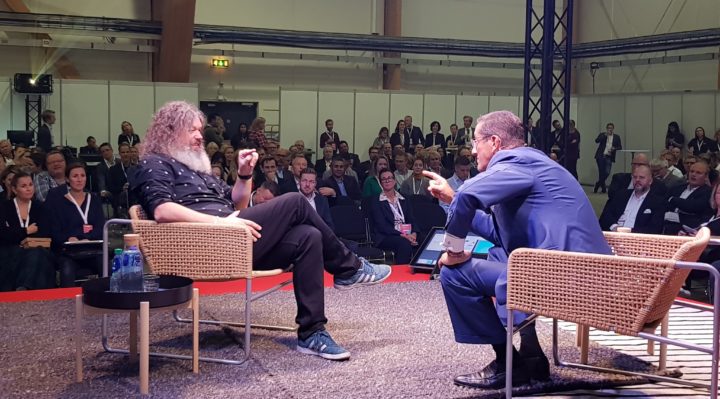
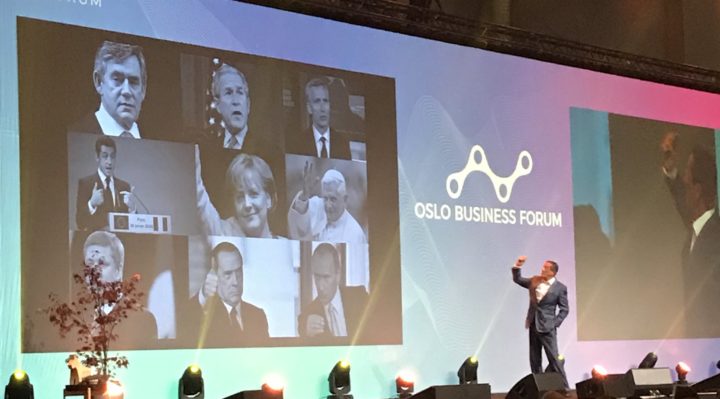
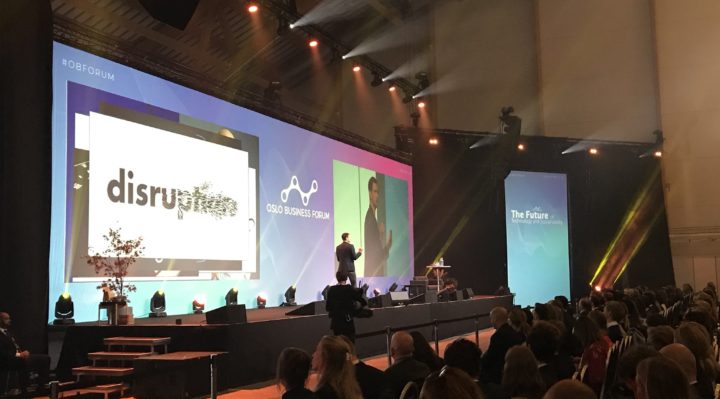
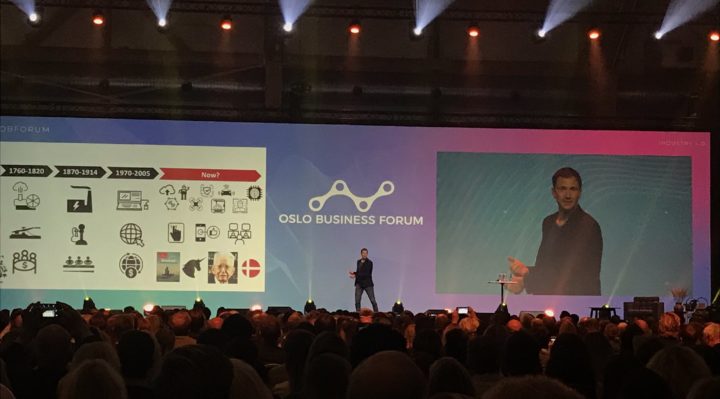
After working his way through college with the help of scholarships and student loans, President Obama moved to Chicago, where he worked with a group of churches to help rebuild communities devastated by the closure of local steel plants.
He went on to attend law school, where he became the first African—American president of the Harvard Law Review. Upon graduation, he returned to Chicago to help lead a voter registration drive, teach constitutional law at the University of Chicago, and remain active in his community.
He was elected the 44th President of the United States on November 4, 2008, and sworn in on January 20, 2009. He and his wife, Michelle, are the proud parents of two daughters, Malia and Sasha.
